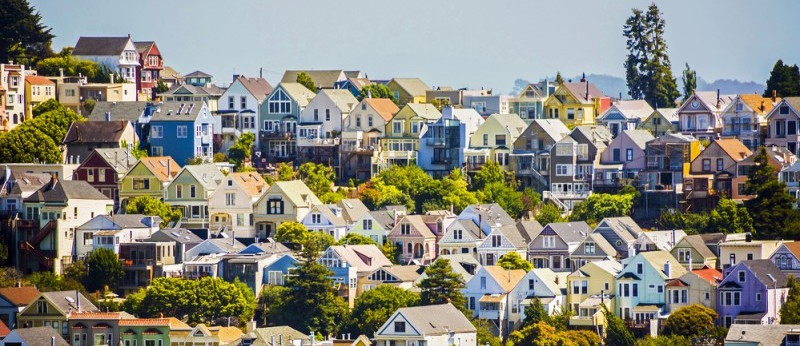
UBS Bubble Research Suggests Caution Warranted for Prospective San Francisco Home-Buyers
UBS Bubble Research Suggests Caution Warranted for Prospective San Francisco Home-Buyers
UBS, a global financial advisory and wealth management firm based in Switzerland, for the past couple years has published, UBS Global Real Estate Bubble Index: For housing markets of select cities, primarily authored by Matthias Holzhey and Maciej Skoczek. The 2016 market research shows that many of the world’s major financial centers have overvalued housing. The research was conducted on for-sale homes in certain cities, however it’s often found that the trends spill-over into the rental markets and surrounding geographical areas. Authors emphasize that predictions can’t effectively be made about bubbles and busts, though the data suggests markets that exhibit signs of a bubble, where price corrections may be ahead depending on shifting factors.

